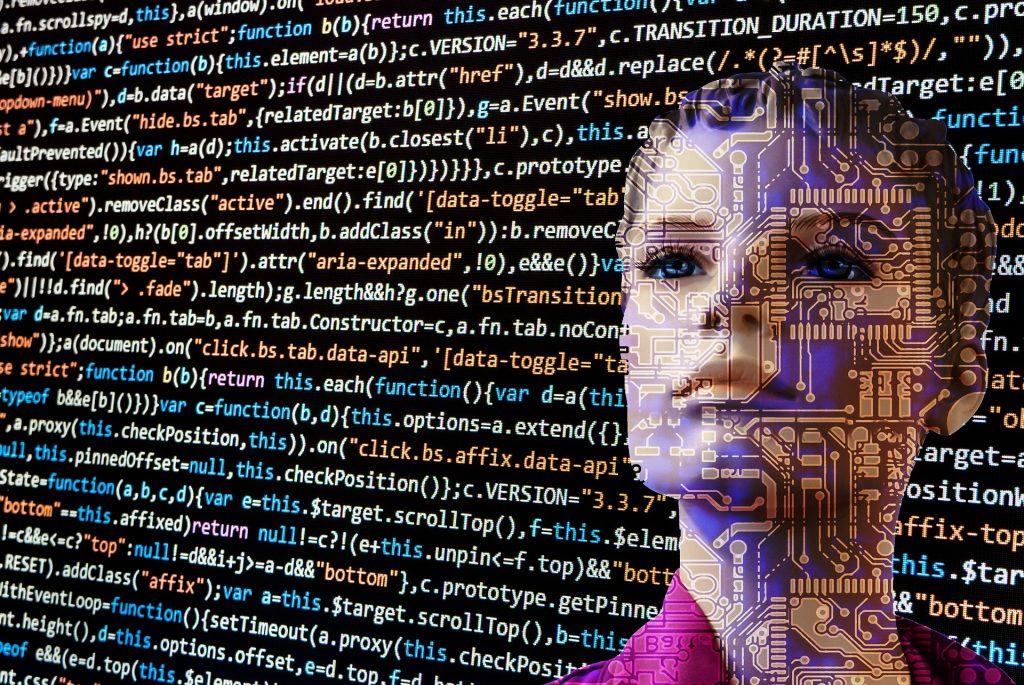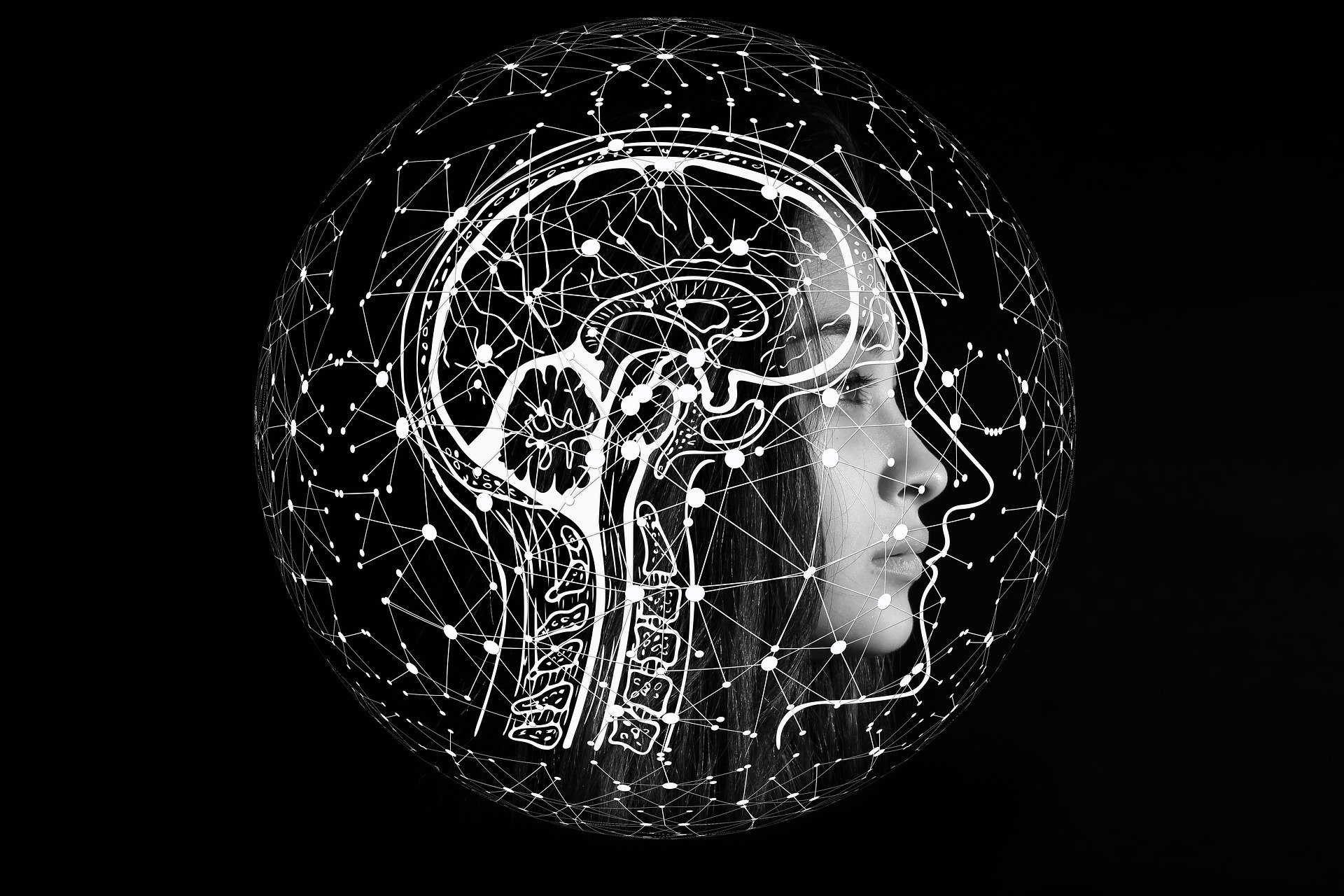ChatGPT is a powerful language model developed by OpenAI that is revolutionizing the way we interact with technology. With its advanced natural language processing capabilities, ChatGPT is able to understand and respond to a wide range of human input, making it a valuable tool for a variety of applications such as chatbots, virtual assistants, and even content creation.
Its ability to understand and generate human-like text has made it a popular choice for businesses, researchers, and developers. As the technology continues to evolve, it is clear that ChatGPT is poised to play a major role in shaping the future of human-computer interaction.
How ChatGPT is Affecting Other Platforms?

ChatGPT is having a significant impact on a wide range of platforms and industries. Here are a few examples:
- Chatbots and virtual assistants: ChatGPT’s natural language processing abilities make it well-suited for powering chatbots and virtual assistants. It can understand and respond to a wide range of user input, making it a valuable tool for customer service, e-commerce, and other industries that rely on these types of interactions.
- Content creation: ChatGPT’s ability to generate human-like text has made it popular among content creators, including writers, marketers, and researchers. It can be used to generate articles, social media posts, and even entire books.
- Language Translation: ChatGPT can be used to improve the quality and speed of language translation services.
- Automation: ChatGPT can be used to automate repetitive task in industries such as customer service, HR, and finance.
- Research: ChatGPT is helping researchers in areas such as natural language processing, computer vision, and artificial intelligence by providing large amounts of data for training models.
Overall, ChatGPT’s ability to understand and generate human-like text is making it a valuable tool for a wide range of industries and applications, and its impact on the world is likely to continue to grow in the future.
ChatGPT in various industries: How they are performing
ChatGPT can be used in a variety of industries, here are a few examples:
- Customer Service: ChatGPT can be used to power chatbots and virtual assistants that interact with customers, providing them with quick and accurate responses to their questions and concerns.
- E-commerce: ChatGPT can be used to enhance the customer experience by providing personalized product recommendations and helping customers find the information they need.
- Healthcare: ChatGPT can be used to create virtual assistants that can help patients schedule appointments, find doctors, and answer medical questions.
- Finance: ChatGPT can be used to automate repetitive tasks such as answering customer questions about account balances and transactions, and handling account maintenance requests.
- Content creation: ChatGPT can be used to generate written content for blogs, articles, social media posts, and even books. It can also be used to summarize articles, generate headlines and assist in SEO optimization.
- Language Translation: ChatGPT can be used to improve the quality and speed of language translation services.
- Automation: ChatGPT can be used to automate repetitive task in industries such as customer service, HR, and finance.
- Research: ChatGPT is helping researchers in areas such as natural language processing, computer vision, and artificial intelligence by providing large amounts of data for training models.
Overall, ChatGPT’s ability to understand and generate human-like text is making it a valuable tool for a wide range of industries and applications, and its impact on the world is likely to continue to grow in the future.
The Future of ChatGPT:
The future of ChatGPT is likely to be shaped by continued advances in natural language processing and machine learning. As the technology continues to evolve, we can expect to see ChatGPT being used in an even wider range of applications and industries. Here are a few possibilities:
- Improved natural language understanding: ChatGPT’s ability to understand human language is likely to continue to improve, allowing it to handle more complex and nuanced interactions.
- More realistic and human-like interactions: ChatGPT’s ability to generate human-like text is likely to continue to improve, making it even more difficult to distinguish between text generated by the model and text written by a human.
- Greater personalization and context awareness: ChatGPT’s ability to understand and respond to context is likely to improve, making it more able to personalize its responses based on individual users and their needs.
- More advanced conversational AI: ChatGPT is likely to continue to be used to create more advanced conversational AI systems, such as virtual assistants that can carry out more complex tasks, and chatbots that can have more realistic and engaging conversations.
- Development of more specialized models: as the research in NLP continues to advance, it is likely that more specialized models like ChatGPT will be developed to better handle specific tasks or industries, such as healthcare, legal or finance.
Conclusion:
Overall, ChatGPT is a powerful tool that has the potential to shape the future of human-computer interaction, and its impact on the world is likely to continue to grow in the future.



